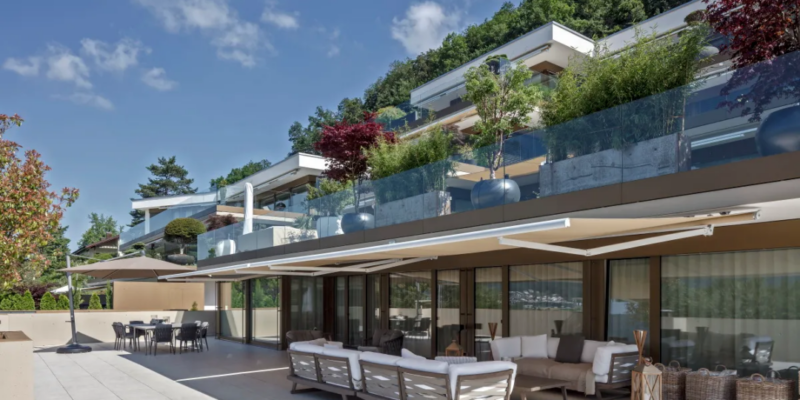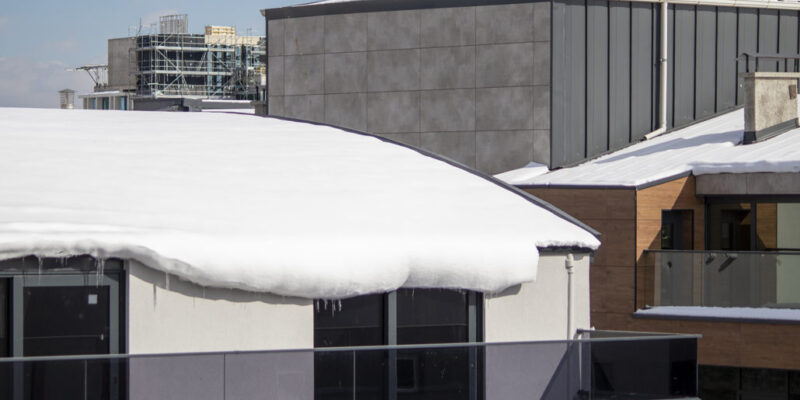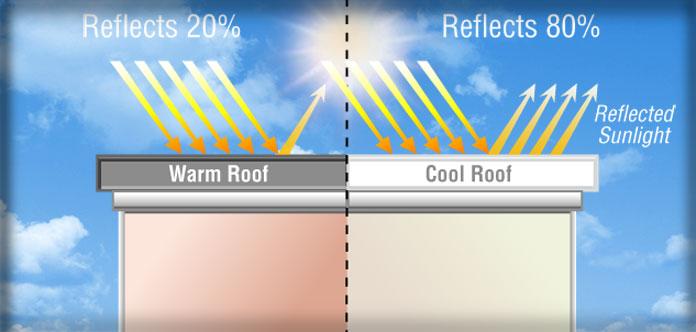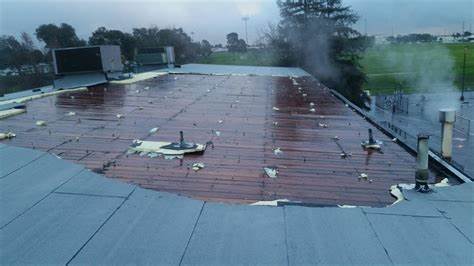Maintaining a harmonious relationship between trees and roof structures requires proactive efforts to
prevent potential issues. Here are some tips for maintaining trees in a way that supports roof health:
Pruning and Trimming:
Regularly prune trees to remove dead, diseased, or weak branches. This not only enhances the tree's
health but also reduces the risk of branches falling onto the roof during storms. Be sure to trim branches
away from the roof to prevent direct contact, minimizing the risk of damage and reducing the
accumulation of leaves and debris on the roof. And when you’re ready to add to your green exterior,
plant trees at a safe distance from the building, considering the mature size of the tree. This helps
prevent branches from overhanging the roof and reduces the risk of root damage.
Leaf and Debris Management:
Be sure to clean gutters regularly to remove leaves and debris that can accumulate and cause water
backup, leading to potential roof damage. And consider gutter guards that can help prevent leaves and
debris from entering the gutters, reducing the need for frequent cleaning. Our favorite tip!….Roof
Inspection — Conduct regular roof inspections, especially after storms, to identify and promptly address
any damage or issues. Remove any debris that may have accumulated.
Storm Preparedness:
Before storm seasons, consider preventive pruning to remove weak or overhanging branches that may
pose a risk to the roof during high winds and after severe weather events, inspect trees for damage, and
promptly address any issues. Fallen branches or damaged limbs should be removed carefully to prevent
further damage.
By combining regular maintenance practices, preventive measures, and professional assistance, you can
promote a healthy coexistence between trees and roofs. This approach helps minimize the risk of
damage to roofs while allowing you to enjoy the benefits of having trees on your property.




